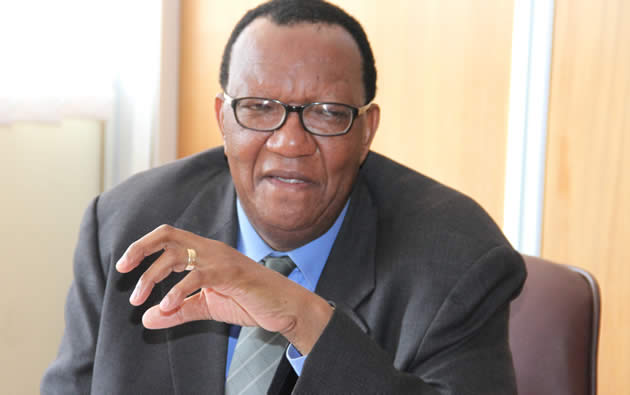EDITORIAL COMMENT: Let’s not kill the goose that lays the golden egg

Last year about $1,3 billion was raised from tobacco sales, a substantial improvement on $1 billion that was earned in 2015.
Tobacco is indeed a billion dollar crop, the country’s single largest revenue earner. The golden leaf generally earns more revenue than gold and platinum, two of the economy’s other big income generators. The crop earned almost the same as both minerals combined in 2015. In that year platinum generated $381 million while gold earned $737 million.
The tobacco marketing season for this year started on March 15 and at least $800 million is likely to be earned by the time the auction floors close in the next few months. By Thursday last week around 18 million kilogrammes of flue-cured tobacco worth $46,7 million had been sold since mid-March.
The sales have progressed fairly well this season.
However, farmers were jolted on Friday when the Zimbabwe Revenue Authority (Zimra) effected a 10 percent tax on their crop sales. It was certainly an ambush mounted by the revenue collector, a tax that was effected without warning.
The tax is being charged on farmers who don’t have tax clearance certificates, which means that as the farmer sells his crop, the Tobacco Industry and Marketing Board (TIMB) is compelled to deduct 10 percent from the grower’s earnings.
We expect that bigger farmers have tax clearance certificates but we don’t expect smaller farmers to have them. It is the latter group of growers who will rightly feel ambushed by Zimra and they constitute the bulk of tobacco farmers. TIMB estimates that of the 82 254 farmers who registered to grow the golden leaf during the 2016/17 season and who are bringing it to auction floors, about 70 485 are communal and A1 growers. Chances are high that none of them has a tax clearance certificate. As a result, they had obviously not been paying tax direct from the revenue they generate from selling the crop but Zimra had other ideas.
In a circular to the TIMB, Zimra said:
“Please be advised that in terms of section 82(2) of the Income Tax chapter 23:06 as quoted below: Subject to this section, unless a payee furnishes the paying officer with a tax clearance certificate, the paying officer shall withhold 10 percent of each amount payable to the payee under the contract concerned and shall remit each amount withheld to the commissioner on or before the 10th day of the month following that in which the payment was made. In this regard, you are requested to comply with the above instruction to withhold 10 percent from each supplier who does not have a valid tax clearance certificate.”
We regret the imposition of the levy, especially the fact that it came unannounced 17 days after the marketing season started.
The normal procedure should have seen Zimra announcing well ahead of time its intention to effect the tax so that when farmers started selling their crop, they would know that they will earn 10 percent less from their tobacco and then budget accordingly.
We are not opposed to citizens who are gainfully employed — and tobacco farmers are some of the country’s more gainfully employed people — having to pay taxes. The Government needs money to run its affairs and tax revenue constitutes a reliable source of income. However, we don’t think the Ministry of Finance did a good job in this instance. This is why the Minister of Agriculture, Mechanisation and Irrigation Development, Dr Joseph Made, strongly opposed its imposition.
“As a ministry, we are going to engage the ministry of Finance and Economic Development because tax deduction cannot be implemented all of a sudden without proper communication to farmers,” he said.
“It has been a good season and tobacco farmers have brought in a good crop. We are going to work on the issue.”
We agree with him and expect the Minister of Finance, Cde Patrick Chinamasa, to scrap the tax. If that happens, this would be the second levy that he would have been forced to drop after his attempt to impose value added tax on meat and cereals was met with a national outcry in February.
In the February instance, he had actually informed the nation of his intention to come up with the tax when he presented the 2017 national budget in December 2016. Due process was followed in respect to the VAT on food commodities and there was no objection to it before it took effect on February 1.
There was no such due process with regards to the 10 percent tobacco tax.
We go along with Dr Made and basically all tobacco growers that the tax be removed not only because it will affect the viability of tobacco production and demoralise growers, but also that it was an ambush.











Comments